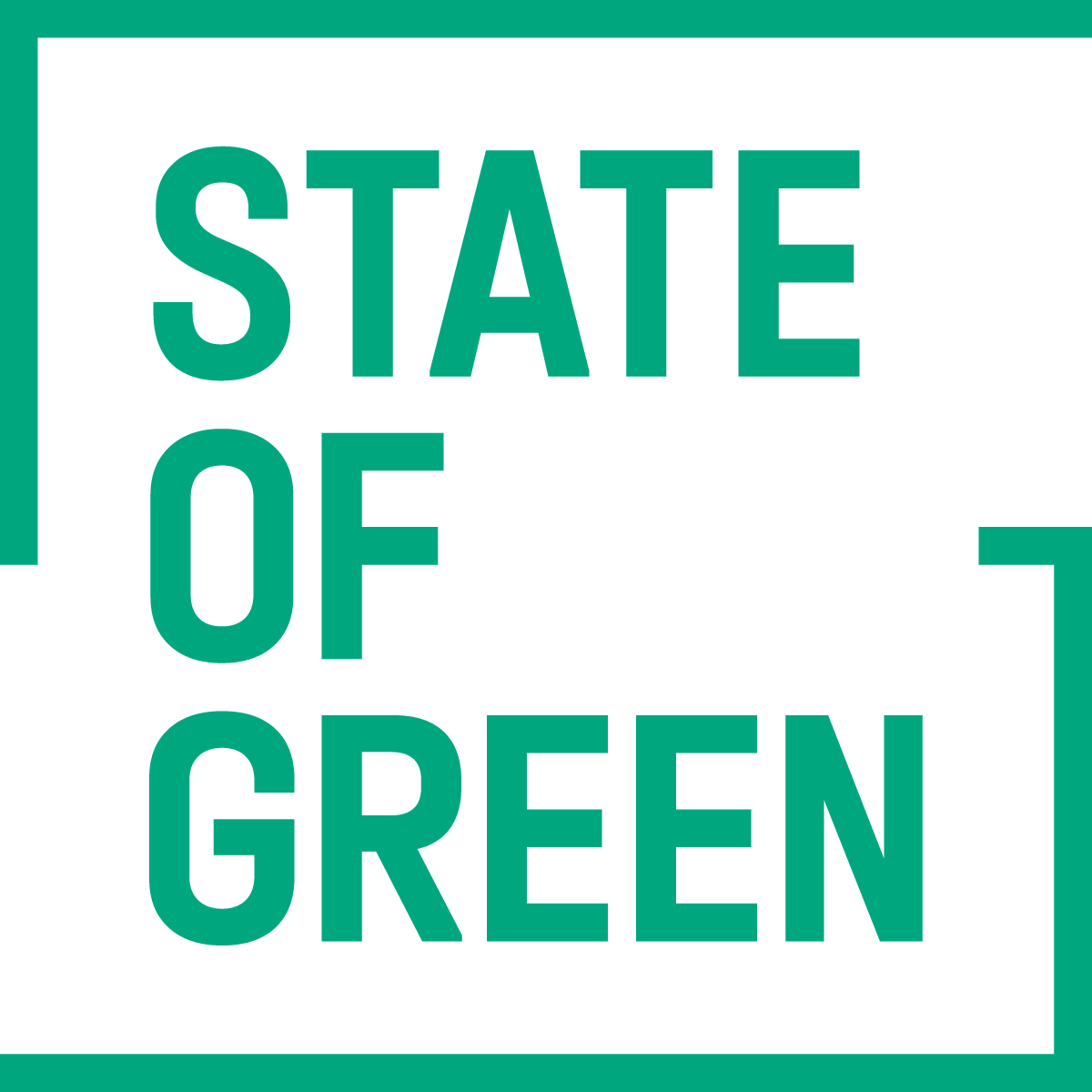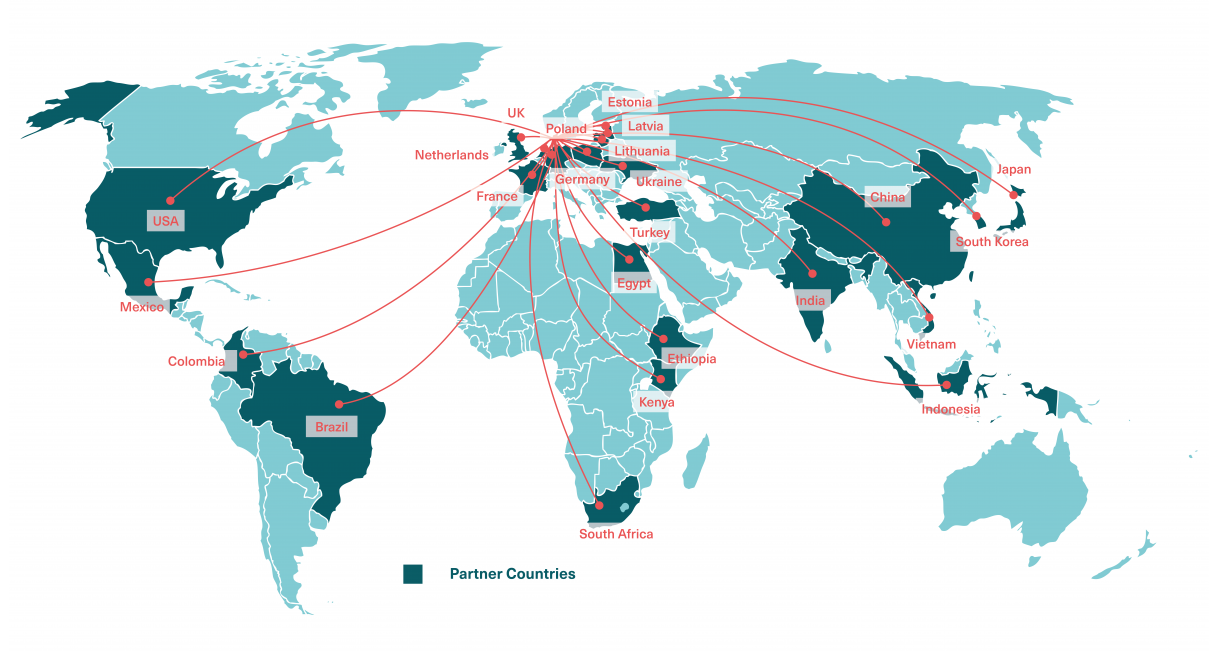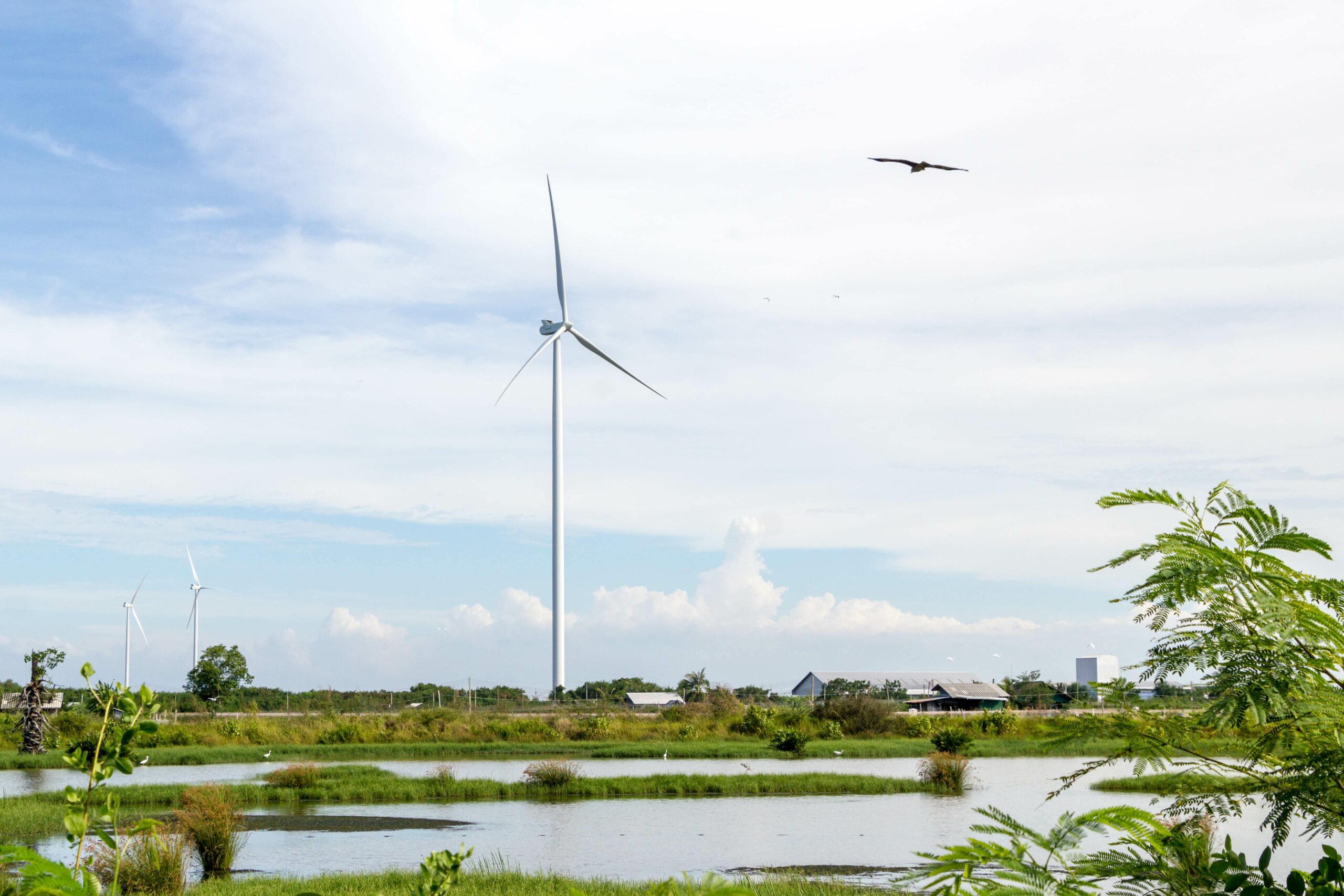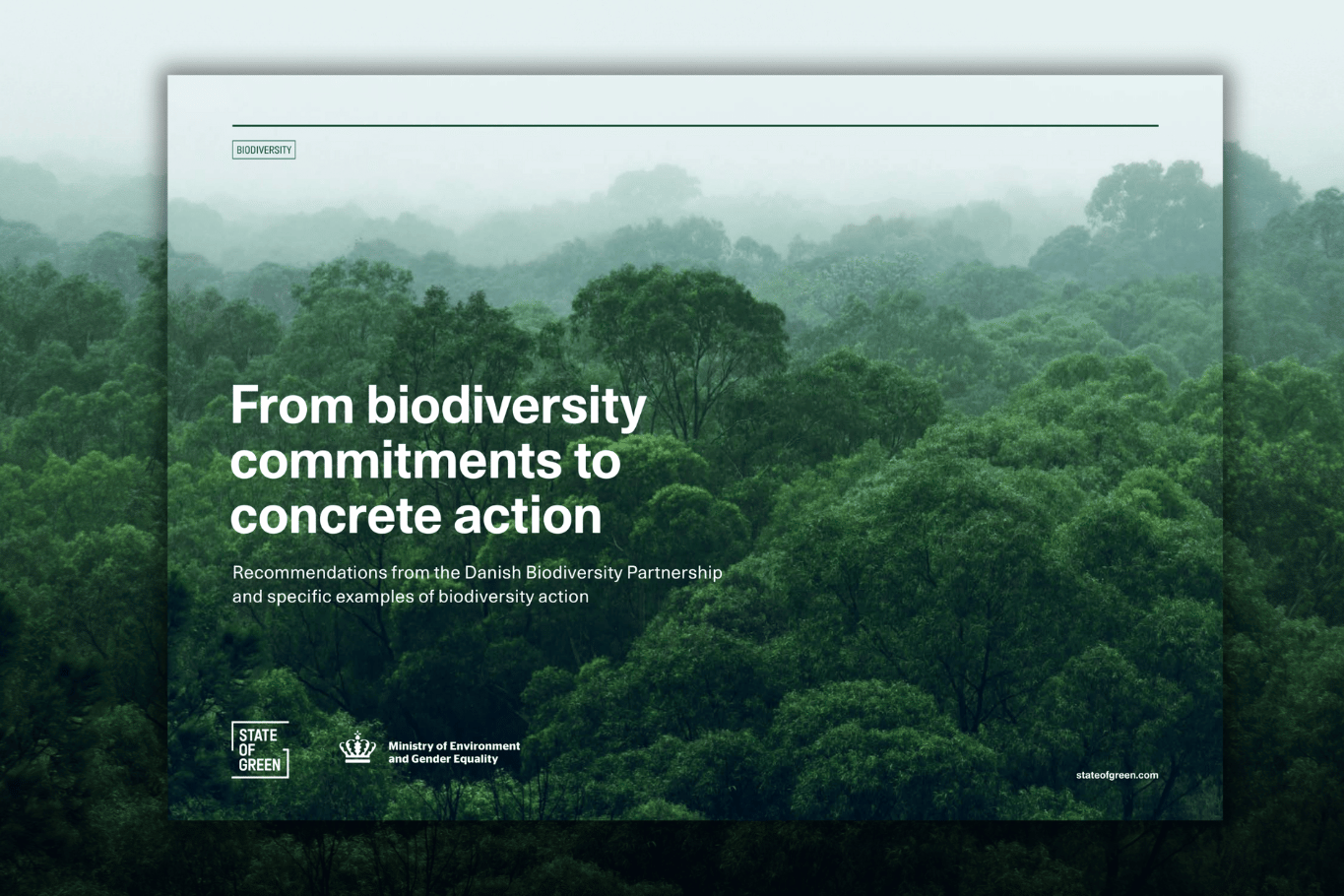The Danish Energy Agency has signed a new regulatory collaboration with North Carolina’s Department of Commerce. The collaboration will support North Carolina’s ambitions for expansion of 2.8 gigawatts of offshore wind by 2030 and 8 gigawatts by 2040.
North Carolina’s coastline is highly suitable for offshore wind with shallow ocean depths and good wind conditions. On top, there is already a large established industrial base, which can form part of a new green industrial supply chain for the expansion of offshore wind. The state has also established a regional collaboration with the neighbouring states of Virginia and Maryland.
“It is hugely positive that Danish experiences within offshore wind are in demand across the US. Like so many other places in the US, North Carolina is preoccupied with creating jobs and ensuring economic development and simultaneously securing a transition towards a greener economy. I am incredibly happy that we can play an active role,” says Kristoffer Böttzauw, Director of the Danish Energy Agency.
“The knowledge, data and best practice that the Danish Energy Agency has generated over 30 years of experience with offshore wind gives us countless advantages as we now open up to this growing industry,” says Secretary of Commerce in North Carolina, Machelle Baker Sanders. She continues: “in our work to responsibly develop North Carolina’s offshore wind industry, I appreciate the expertise and new strengths that the partnership with the Danish Energy Agency brings to my department and the people of North Carolina.”
North Carolina is the fifth in the row
At the beginning of February 2023, the Danish Energy Agency extended its collaboration with the state of California on the development of offshore wind and energy efficiency. The Danish Energy Agency also collaborates with Virginia, New Jersey, and New York on offshore wind. North Carolina thus becomes the fifth state in the series of collaborations under the Energy Governance Partnership scheme.
In addition to sharing Danish experiences in developing a value chain and creating green jobs, the Danish Energy Agency will also help optimise the legislative framework, which is an important prerequisite for developing a new offshore wind sector, contributing to lowering risks for investors.








